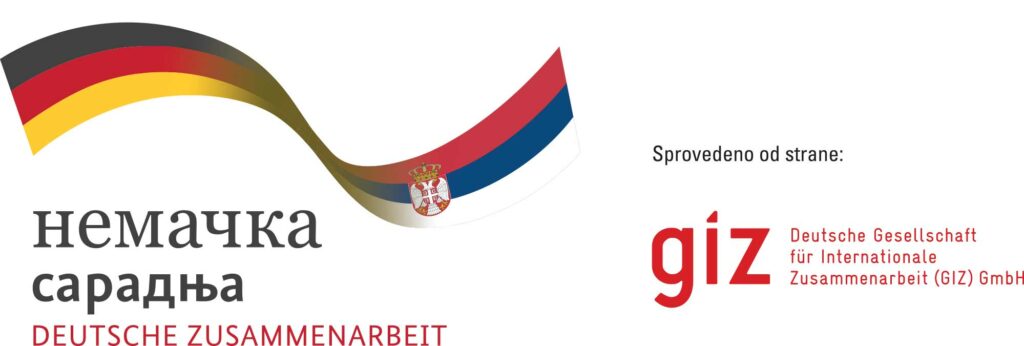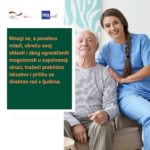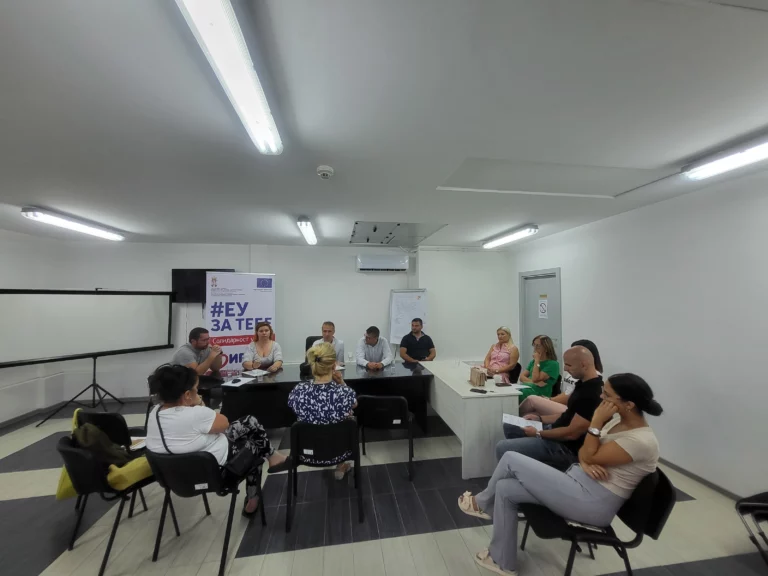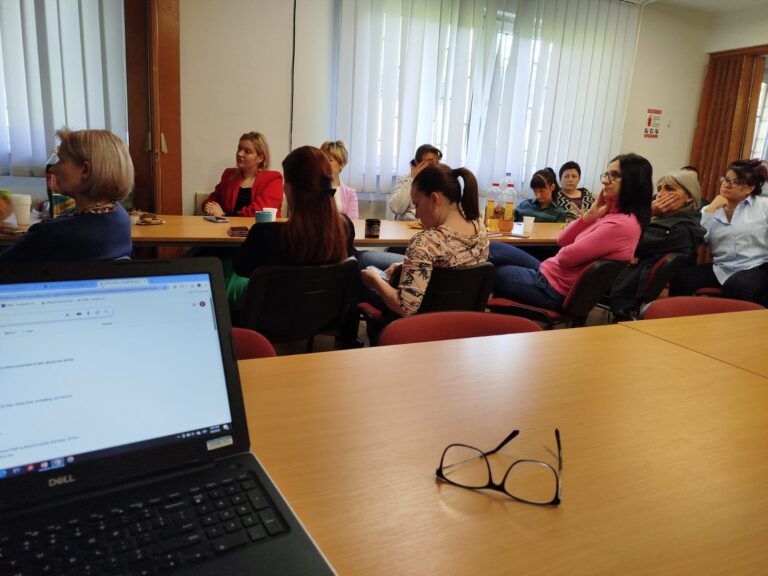In Belgrade, Sombor, Novi Sad, Valjevo, Negotin, Kragujevac, and Prokuplje, 12 focus groups and 15 in-depth interviews were conducted during August and September.
This activity involved collecting key data on how individuals from hard-to-employ groups find information about existing training programs, whether this information is accessible, transparent, and understandable, and exploring how these training programs help them in finding employment in the labor market. Special emphasis was placed on analyzing the barriers these groups face in accessing information and training, as well as understanding their specific needs related to employment.
The aim of the needs assessment at the local level was to collect information from members of the target group about:
- The level of awareness and knowledge about jobs in the field of social welfare
- Interest in retraining for jobs in social welfare and knowledge of available services
- Perceived clarity and accessibility of training for jobs in social welfare.
People who belong to hard-to-employ groups, in the context of this project and its activities, is a broadly defined category which includes anyone who faces barriers when searching for employment and being active in the labor market due to various factors and circumstances. This includes women (in the broadest sense), women who have experienced domestic and gender-based violence, single parents, Roma and members of other national minority groups, returnees, youth, older persons, primarily women over 60 who are unemployed, people with disabilities, people with lower qualifications, long-term unemployed individuals, or those who have been registered with the employment office for more than 6 months.
The main conclusion from conducted focus groups and in-depth interviews is identification of clear interest and motivation of members of targe group for seeking employment in the area of social protection.
The research recommendations primarily emphasize the need to clearly separate training for social welfare associates (personal assistants, personal companions of children, and homecare service providers) from other training programs in the continuous education of professional workers, as they are fundamentally not part of the same training portfolio and could complicate access to information. It is also important to make greater use of the benefits of modern technologies in this field, which will enable easier networking among institutions and organizations, while also improving the availability of information on training programs, jobs, and all relevant information necessary for these three types of occupations.
The activities of this project were supported by German development cooperation implemented in Serbia by the Deutsche Gesellschaft für Internationale Zusammenarbeit (GIZ) GmbH.












